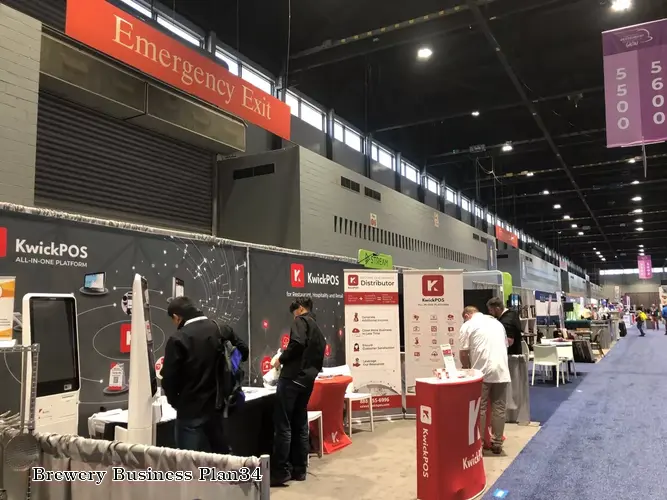

Executive Summary
The craft beer industry is experiencing unprecedented growth, presenting a lucrative opportunity for restaurants to enhance their offerings and generate additional revenue. This business plan outlines a comprehensive strategy for establishing a brewery within a restaurant, leveraging the synergies between the two businesses.
Market Analysis
Brewery Operations
Restaurant Integration
Financial Projections
Management and Staffing
Conclusion
By implementing the strategies outlined in this business plan, restaurants can successfully establish a brewery that enhances their offerings, generates additional revenue, and fosters a loyal customer base. With a focus on quality, innovation, and seamless integration, the brewery will become an integral part of the restaurant's success.
DISCLAIMER: This information is provided for general informational purposes only, and publication does not constitute an endorsement. Kwick365 does not warrant the accuracy or completeness of any information, text, graphics, links, or other items contained within this content. Kwick365 does not guarantee you will achieve any specific results if you follow any advice herein. It may be advisable for you to consult with a professional such as a lawyer, accountant, or business advisor for advice specific to your situation.
today
Copyright © 2026 Kwick365.com
Designed by KwickPOS is the best restaurant POS